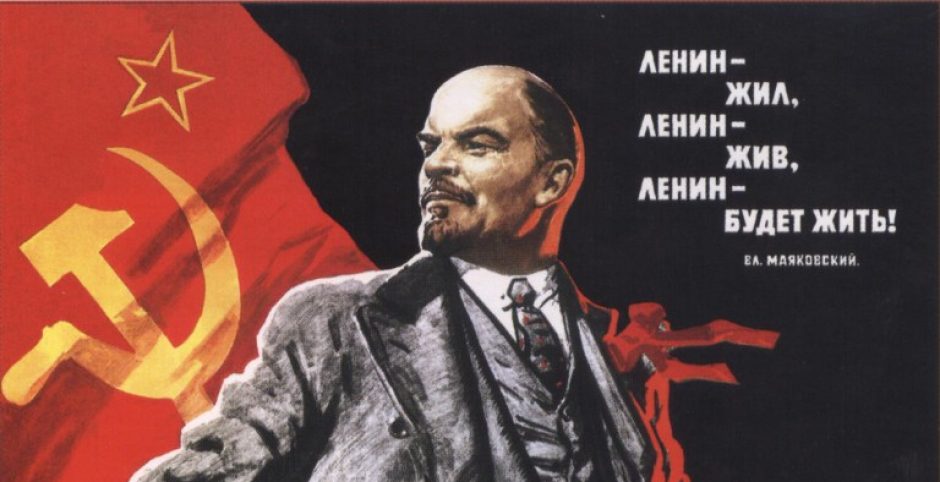Alexander II’s Manifesto Emancipating the Serfs begins “Called by Divine Providence…” (Cracraft, 340), using religion (and the supposed intervention of God) to legitimise his consequent actions. This is a familiar trope among Russian monarchs, as we have seen in Catherine’s Instruction (“The Christian law teaches us to do mutual Good…” (Dmytryshyn, 79)) and Peter’s establishment of the Most Holy Governing Synod (“in virtue of the authority bestowed on Us by God” (Cracraft, 118)). The emancipation of the serfs is thus not framed solely as Alexander’s responsibility but also the duty of God. This comes across as a move to appease the nobility, who owned the land to which the serfs were tied and who thus benefited from serfdom. This point becomes more clear later in the Manifesto, as Alexander panders to the nobility: “We begin this task by an act of trust in the Russian nobility, knowing of its great proofs of loyalty to the Throne and of its readiness to make sacrifices for the good of the Fatherland” (Cracraft, 341).
In fact, the terms of the emancipation were “extremely advantageous” to landowners (Saunders, 232). “Thus,” states Saunders, “although the laws of 1861 succeeded in turning serfs into smallholders, the methods they employed were heavily biased in the gentry’s favour” (Saunders, 233)*. We might see Alexander’s emancipation reform, then, as a somewhat unsuccessful compromise in attempting to keep the happiness of a grossly unequal society balanced. While Alexander did emancipate the serfs without causing great disruption amongst the nobility, the terms of the emancipation were unfavourable toward the serfs and proved to be a long-term cause of the 1905 Revolution.
*Saunders uses the term ‘gentry’. Are ‘gentry’ and ‘nobility’ interchangeable in the context of Russia, or is it wrong to conflate the two?

On the topic of pandering, another interesting aspect of Alexander II’s manifesto is they way he relocates responsibility for the carrying out of the emancipation from the government to divine forces and the nobility. Alexander follows a call to “divine providence” with lavish praise of the nobility for giving up their power over serfs for the good of all: “Then do We rely on the valiant zeal for the sake of the common good of the well-born Noble estate, to whom We cannot fail to express, on behalf of Ourselves and the whole Fatherland, well-deserved recognition of [their] unselfish execution of Our designs. Russia will not forget that, prompted only by respect for human dignity and Christian love of neighbor, they voluntarily renounced the law of bondage [serfdom] and laid the basis of a new economic future for their peasants” (Cracraft, 342). By heavily suggesting that emancipation is divinely inspired and a gracious deed of the landowning nobility, Alexander avoids giving power over the execution of emancipation to the national government or the serfs themselves. Why is this framework suitable for Alexander’s goals? What does he or the government in general gain from shifting responsibility over the national issue of emancipation to regional offices and individual members of the nobility?
Lenin’s Concept of a Revolutionary Party (Dmytryshyn, Imperial Russia: A Sourcebook) differs from the pattern that we have seen up until now of calling upon the divine in order to legitimize one’s claim to power and appease the nobility. As mentioned earlier, every other primary document presented in class has referenced God or religion in its opening lines. This pattern extends past the monarchs, as it also appears in the various collected writings of the Decembrist movement: for example, “the Union of Welfare believes that it is its sacred obligation to disseminate the true rules of morality and enlightenment… elevating Russia to the level of greatness and welfare to which the Creator has predestined it” (Dmytryshyn, 207), or the opening line of The Manifesto of Prince Trubetskoi: “lord save thy people and give them thy blessing” (Dmytryshyn, 226).
However, in Lenin’s pamphlet, What is to be done?, neither God nor religion are referenced a single time in order to legitimize his claims, and there appears to be no intention whatsoever to appease the Russian nobility. The nature of Lenin’s writing displays a dramatic move towards secularization, as well as a heightened mobilization of the proletariat. Lenin references the use of religion in oppressing the working class, when he states “this oppression affects the most diverse classes of society, inasmuch as it manifests itself in the most varied spheres of life and activity–vocational, civic, personal, family, religious…” (Dmytryshyn, 301).
Was Lenin’s deviation from religion just a product of his times, a display of a greater movement in Russia to depart from religious authority, or was it a deliberate and conscious effort to secularize the Russian proletariat, in order to further separate them from the Russian nobility?